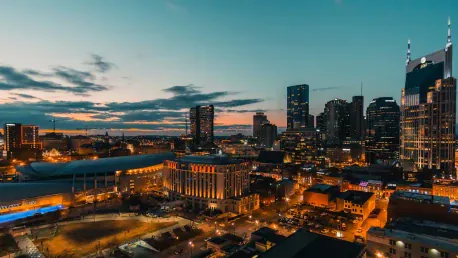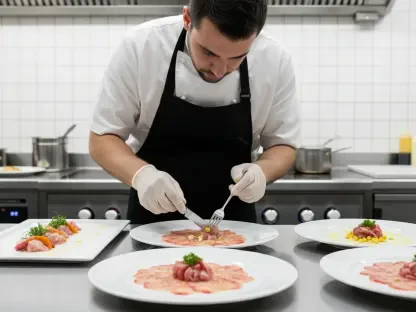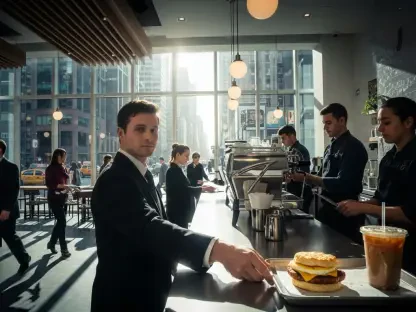Nashville’s reputation as Music City is a cherished symbol of its deep-rooted musical heritage, yet maintaining this status amid the rapidly evolving landscape of the music industry requires constant adaptation and innovation. In the earlier days, artists relied on handwritten letters to foster connections with their fans, creating a sense of intimacy and personal connection. Today, social media has revolutionized these interactions, allowing artists to reach millions of fans instantly with just a few clicks. This seismic shift in communication has not only transformed how artists engage with their audiences but has also significantly impacted Nashville’s tourism industry by making celebrity engagements more accessible and widespread.
As Colin Reed, executive director of Ryman Hospitality Properties, aptly points out, the rise of social media has elevated fan experiences to unprecedented heights. Fan clubs, which once operated through snail mail and infrequent meet-ups, have now transformed into vibrant online communities where fans can interact with their idols in real time. This modern approach to fan engagement has attracted more visitors to Nashville, eager to experience the city’s music scene both virtually and physically. The development of prominent venues, such as Ole Red Nashville, underscores the city’s commitment to blending traditional music culture with cutting-edge amenities, creating a unique and appealing environment for both artists and fans alike.
Blending Tradition with Modernity
Nashville’s fame as Music City is a testament to its rich musical legacy, but keeping this status in an evolving music industry demands continual innovation. In the past, artists used handwritten letters to connect with fans, creating a sense of personal intimacy. Today, social media has revolutionized these interactions, allowing artists to reach millions instantly. This significant shift in communication has not only changed how artists engage with their audiences but also boosted Nashville’s tourism industry by making celebrity interactions more accessible.
Colin Reed, executive director of Ryman Hospitality Properties, notes that social media has taken fan experiences to new heights. Traditional fan clubs, which once relied on mail and rare meet-and-greets, have morphed into active online communities where fans can interact with their idols in real time. This modern fan engagement approach has drawn more visitors to Nashville, keen to explore the city’s music scene both virtually and in person. The development of key venues like Ole Red Nashville reflects the city’s dedication to blending its traditional music heritage with modern amenities, offering a unique and attractive environment for artists and fans alike.









